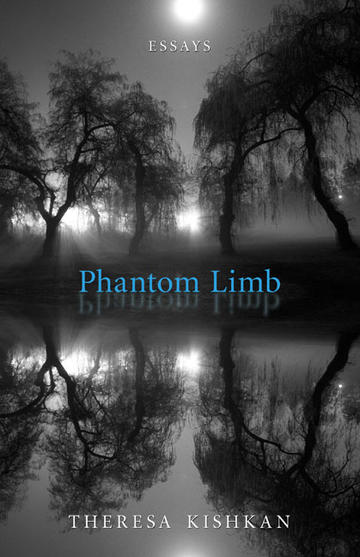In Phantom Limb, Kishkan invites her readers to explore culture and nature by looking at landscape and place through a series of historical lenses, ranging from natural history to family history to the broader notions of regional and human history. In her popular essay "month of wild berries picking" she reveals the extent to which native stories articulate the complexity and importance of rules that govern relationships between species, a profoundly symbiotic world where one respected not just the territory of another species but its dung, its bones, its very spirit as well. In travel essays such as "The One Currach Returning Alone" and "Well" she explores her affinity with Ireland, the weight of its history and geography, the roads that lead to collective memory and the magic of its wishing wells. In other travel essays Kishkan takes us to conservative Utah where the discovery of her first Drunkard's Path quilt serves as both a talisman and a gentle reminder of tolerance and diversity that unfamiliar cultures elicit from us, while they also teach us how bound we are to the soil and air of our own home.
Whether waking her daughter for early morning Leonid meteor showers to fashion a world that mirrors the topography of their lives, or measuring the emotional connections of her grandmother's glass paperweight in order to learn the secret life of memories belonging to mothers and daughters, Kishkan's writing allows us intimate portraits of family. Sometime intense as in the title essay "Phantom Limb" where the prerogative to make a decision to end the life of a beloved family dog becomes both a heavy-hearted deed as well as a difficult privilege; other times her work is light and folksy as in the family rituals revealed in "Laundry". Resonating throughout this collection, especially when describing the natural world, is a rich lyricism and a distinctive visceral imagery.



